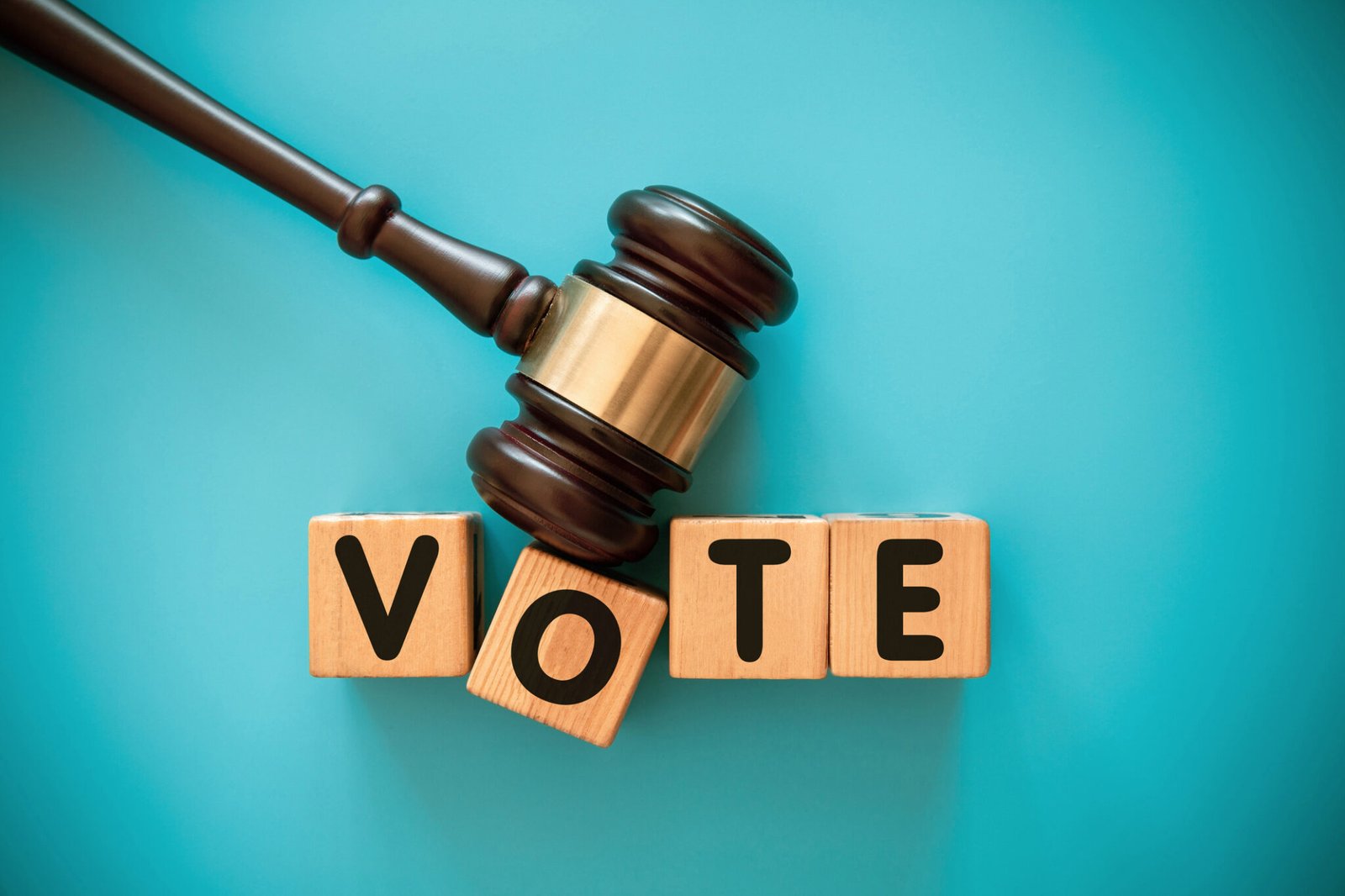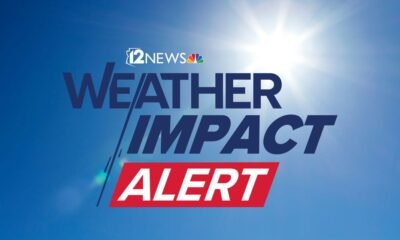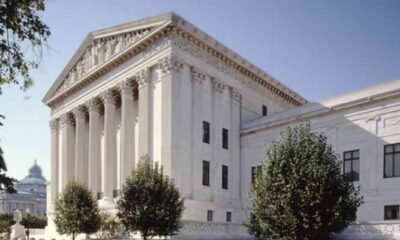2024 election
Arizona Supreme Court Poised to Rule on Future of Open Primaries Initiative

Opponents of a controversial ballot measure aimed at eliminating partisan primaries in Arizona have filed an appeal with the state Supreme Court. They argue that a recent ruling by a trial court judge misinterpreted state law, allowing the proposal’s supporters to qualify for the ballot despite falling short of the necessary signatures.
The measure, dubbed Proposition 140, also known as the Make Arizona Elections Fair Act, has faced significant backlash from partisan critics. These opponents are contesting the validity of votes cast for the measure, claiming that the number of valid signatures was insufficient and that voters should not be allowed to consider the proposal.
Proponents of Prop. 140 have countered that the issue is moot, as ballots containing the measure have already been mailed to overseas and military voters, with in-state early voting set to begin next month. Their legal representation argues that the ongoing lawsuit to remove the initiative from the ballot is irrelevant now that the ballots have been printed.
“The Make Elections Fair Arizona Act is on the ballot. Under longstanding precedent, this makes the lawsuit moot, particularly given the timeline of events,” stated attorneys for the initiative’s supporters.
The legal saga surrounding Prop. 140 is unprecedented, extending beyond the typical deadline for resolving disputes regarding ballot measures. Uncertainty arose when the Arizona Supreme Court directed a trial court to review the signature challenges just a day before the printing deadline, suggesting that initial evidence was improperly excluded.
Critics of the measure claim nearly 40,000 voters may have signed the initiative petitions more than once, rendering the effort inadequate. Despite evaluating these signature claims after ballots were printed, the trial judge concluded that the initiative qualified for the ballot.
Judge Frank Moskowitz ruled that even if the measure had not met the signature threshold, there was no constitutional basis to exclude votes. He emphasized that double-counting invalid signatures would violate both state and federal constitutions, thus potentially skewing signature requirements beyond the mandated 15% of the total votes cast in the previous gubernatorial election.
Furthermore, Moskowitz indicated that an injunction preventing votes from being counted was unwarranted, given that the court could not disallow valid votes after the ballot printing had commenced.
The Arizona Free Enterprise Club, leading the opposition, quickly acted on the judge’s ruling by filing an appeal. Their legal team contends that the decision to allow certain signatures to stand as valid contradicts established legal precedents upheld in other states.
“The mathematical implications of double-counting do not inhibit the right to initiative as consistent with Arizona law,” argued attorneys representing legislative opponents of the measure.
In discussions surrounding the legality of increasing the signature threshold, opponents claimed that a slight elevation from 15% to 15.2% would not excessively burden the signature-gathering process.
In contrast, supporters of Prop. 140 argue that the opponents’ request to retroactively invalidate votes based on issues with signatures undermines the principles of fair representation enshrined in the state constitution.
Maricopa County Recorder Stephen Richer supported the argument for allowing Prop. 140 to remain on the ballot, whereas the state’s Attorney General, Kris Mayes, maintained neutrality, stating that future challenges must align with strict timelines established by the ballot-printing process.
Legal experts anticipate that the court will announce its ruling over the weekend, marking a pivotal moment in Arizona’s electoral landscape.















